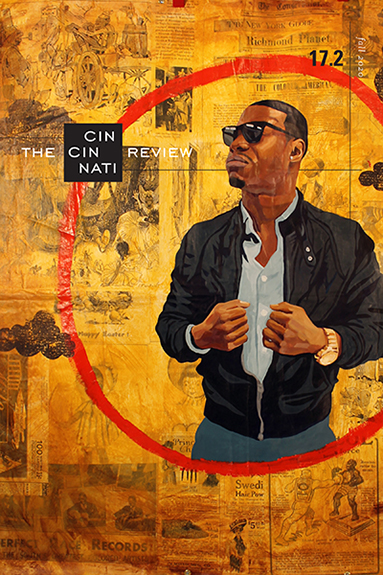When I was a child, everything was perfect all the time.
I was long planned for and executed with great care: my mother dressed me in tailored suits, flounced petticoats, buttons shaped like clocks, sheepskin coats, electric-blue felt, coordinated layers of hot pink and purple, drop waists, sequins, Peter Pan collars with scalloped edges, oversize men’s shirts and ties, ruffles all the way down, flannel knee patches, turned-up cuffs in contrasting fabric.
I’m reading Nightwood by Djuna Barnes with Charlie, my professor. In the first chapter we are both captivated by the circus performer Frau Mann.
Charlie is interested in how she disrupts the gender binary (or maybe he thinks I am): he says, Note her muscularity, note that her name is essentially Mrs. Man.
I’m not. I’m bored with gender disruption.
What I’m interested in is the absence of a division between nature and artifice.
Barnes writes that Frau Mann’s skin seems to be the same pattern as her costume, red and yellow lozenges, or that her costume appears to be her skin, so that “one felt [the pattern] ran through her as the design runs through hard holiday candies.”
Further, her body seems to be made of polished oak, at the calf and at the groin, where “the span of the tightly stitched crotch was so much her own flesh that she was as unsexed as a doll.”
“Unsexed as a doll” is a false equivalence.
I would like to touch the face of a porcelain doll, cold and smooth as a bone-china teacup.
I would like to hold a precise female face: symmetrical, delicate. At once completely human and vacant, expressionless.
I would like to touch a face that’s sturdy enough to drink out of but only a millimeter thin, nothing on the other side.
That would be a satisfying face.
My soft cloth doll in racist caricature—woolen hair, round eyes—disappeared one day.
Months later I found it in the garage and retrieved it.
My mother saw me, froze.
You can’t play with that, she said.
I said, Why?
She said, You just can’t. Put it back.
My face is not dissimilar to the face of a porcelain doll.
Maybe that’s why I can imagine I don’t have a face—why I can feel close enough to not having one that I can entertain this dream.
. . .










